Zhang Jun calls for judicial cooperation on AI development
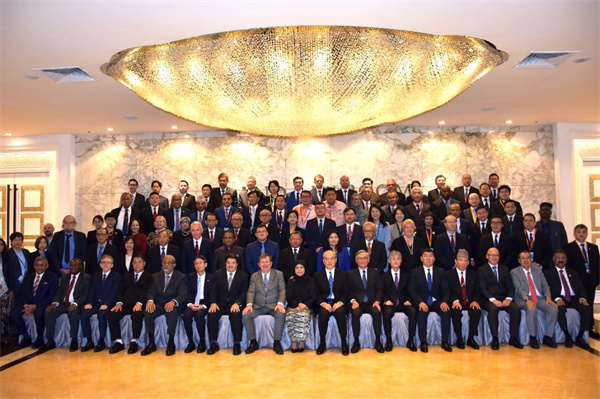
The 19th Conference of Chief Justices of Asia and the Pacific is held in Kuala Lumpur, Malaysia, from Oct 12 to 13. [Photo/court.gov.cn]
Zhang Jun, president of China's Supreme People's Court, has called for enhancing international judicial exchanges and cooperation in the field of artificial intelligence (AI) to make contributions to global judicial progress.
Zhang made the remarks when addressing the 19th Conference of Chief Justices of Asia and the Pacific, which was held in Kuala Lumpur, Malaysia, from Oct 12 to 13.
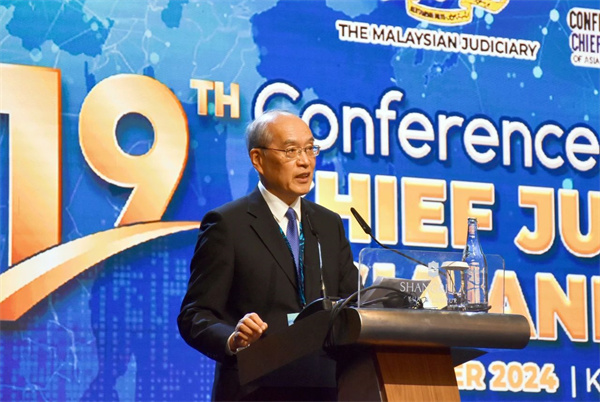
Zhang Jun, chief justice and president of China's Supreme People's Court, addresses the 19th Conference of Chief Justices of Asia and the Pacific, which is held in Kuala Lumpur, Malaysia, from Oct 12 to 13. [Photo/court.gov.cn]
In his speech, Zhang outlined the measures taken by Chinese courts to address the challenges posed by AI.
He highlighted that Chinese courts have actively seized the opportunities arising from the new technological revolution and industrial transformation by fairly and justly adjudicating typical cases in accordance with the law, issuing judicial interpretations and continuously improving judicial rules in the AI field, so as to safeguard social order and the legitimate rights and interests of citizens while serving the development of new quality productive forces.
While striving to use AI technology to empower the judiciary, Zhang said that Chinese courts are also making efforts to actively integrate into the overall digital landscape, vigorously promote the development of digital courts, and help the judiciary keep pace with and adapt to the needs of the digital era.
Zhang emphasized that Chinese courts, guided by the China-proposed Global AI Governance Initiative, are committed to deepening judicial exchanges and cooperation in AI with other countries, to support high-quality Belt and Road cooperation.
Chinese courts are willing to work hand-in-hand with courts from other countries in the Asia-Pacific region to promote technological development while ensuring security, enhance technological applications to improve judicial efficiency, and strengthen practical cooperation for broader consensus on AI governance, to ensure that AI better promotes social fairness and justice, he said.
The 19th Conference of Chief Justices of Asia and the Pacific, jointly organized by the Federal Court of Malaysia and the Law Association for Asia and the Pacific (LAWASIA), saw participation of chief justices and judges from 29 Asia-Pacific countries and regions. Representatives from various countries were also invited to attend the opening ceremony of the 37th LAWASIA Conference held on the afternoon of Oct 13.
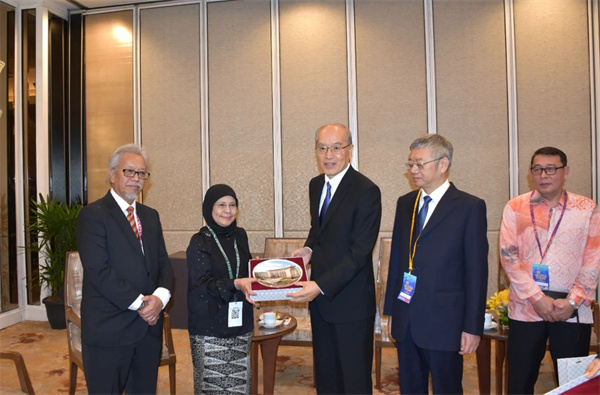
Zhang Jun, chief justice and president of China's Supreme People's Court, meets with Tun Tengku Maimun binti Tuan Mat, chief justice of Malaysia, on the sidelines of the 19th Conference of Chief Justices of Asia and the Pacific. [Photo/court.gov.cn]
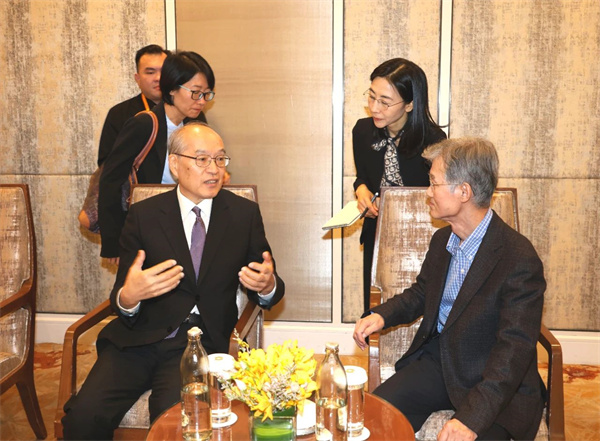
Zhang Jun, chief justice and president of China's Supreme People's Court, meets with Cho Hee-dae, chief justice of the Supreme Court of the Republic of Korea, on the sidelines of the 19th Conference of Chief Justices of Asia and the Pacific. [Photo/court.gov.cn]
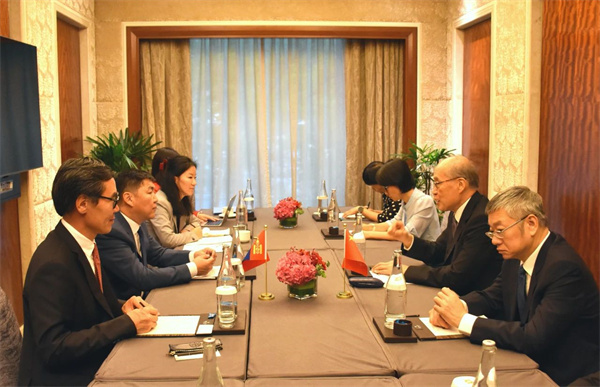
Zhang Jun, chief justice and president of China's Supreme People's Court, meets with Damdin Ganzorig, chief justice of the Supreme Court of Mongolia, on the sidelines of the 19th Conference of Chief Justices of Asia and the Pacific. [Photo/court.gov.cn]
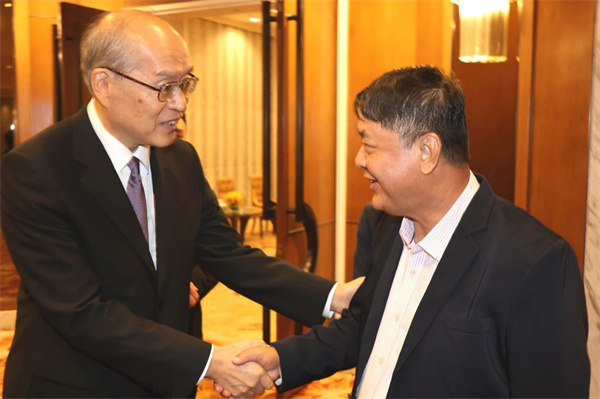
Zhang Jun, chief justice and president of China's Supreme People's Court, meets with Thar Htay, union chief justice of Myanmar, on the sidelines of the 19th Conference of Chief Justices of Asia and the Pacific. [Photo/court.gov.cn]
On the sidelines of the conference, Zhang also held separate meetings with chief justices and representatives from various countries, including Malaysia, Japan, the Republic of Korea, Mongolia, Myanmar, Nepal, Singapore, Papua New Guinea, the Philippines, Sri Lanka, Indonesia, Vietnam, Guam, Brunei, the United States and Laos.









